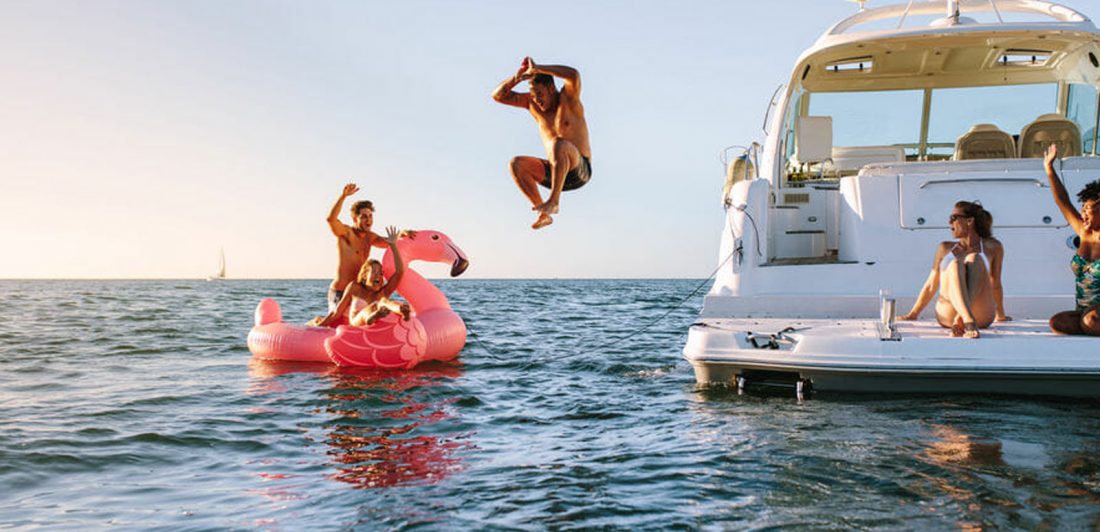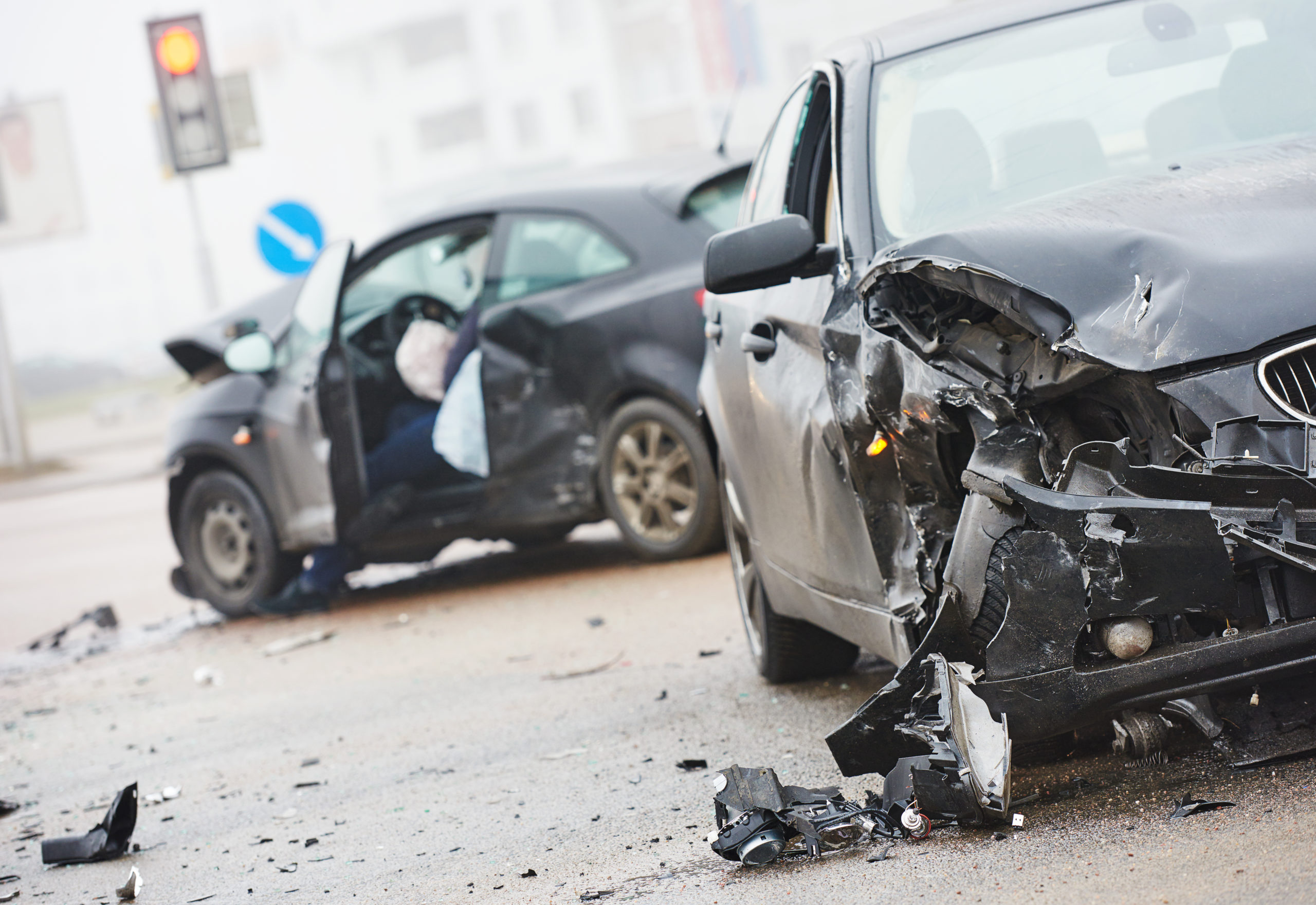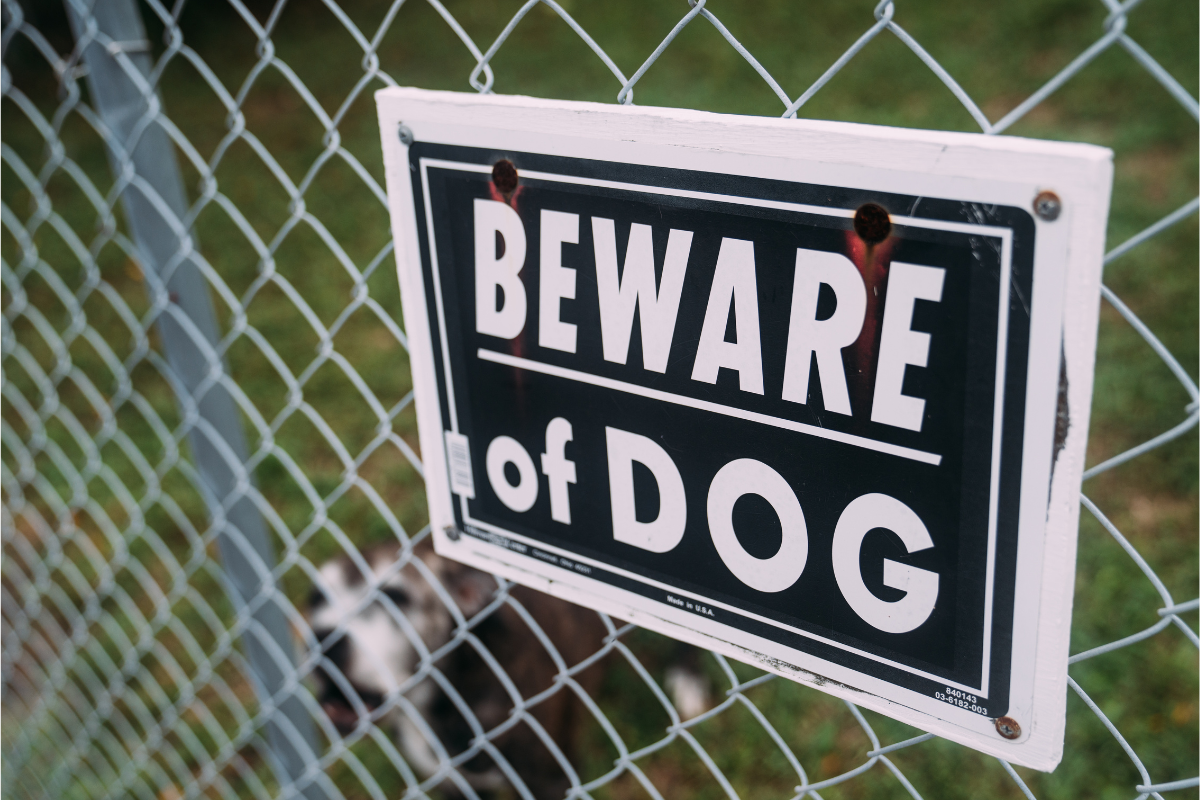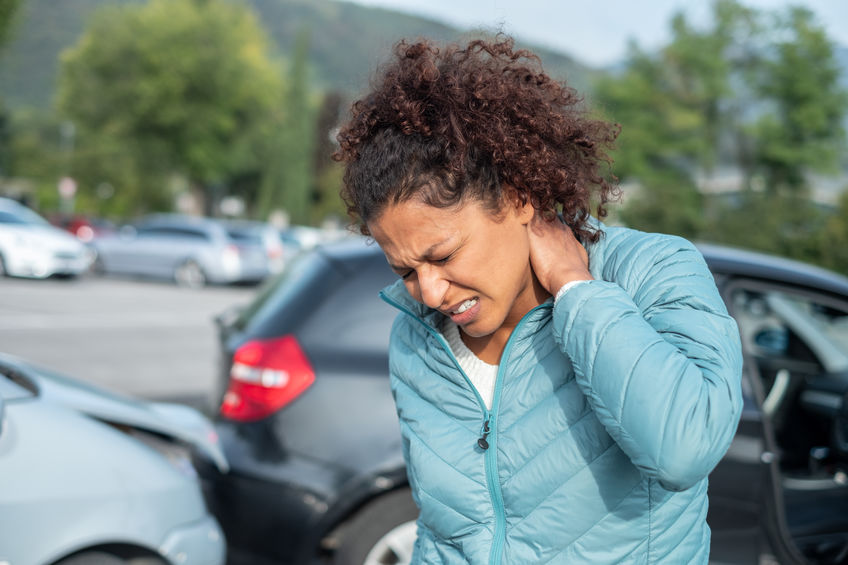Annually, Memorial Day, the Fourth of July, and Labor Day account for more than one-third of all boating-related accidents and fatalities. While summer’s warm weather invites us to do more water activities, boat owners may take their vessels out on the water at any time. That's why it's important for boat owners to carry insurance on their vessels year-round. Much like car insurance, boat insurance can cover a lot of events.
Although Texas doesn't require you to obtain boat insurance, it doesn't mean that you should make the mistake to go without protection or coverage. Just like auto insurance, boat insurance will protect you if accidents occur out in the water. Protect yourself from damage to your or someone else's property, and have protection on your side in case of injuries.
Why Do Boat Accidents Happen?
Typically, boat crashes occur in smaller, open boats on inland waters. Further, bad weather or hazardous conditions do not cause most boating fatalities. The typical crash occurs when weather and visibility are good, the winds are light and the water is calm. The top contributing factors for boat crashes include the following:
Operator Inattention
The number one reason boat crashes occur is operator inattention. There are many possible distractions onboard a boat, as well as outside distractions. The unpredictability of the wind, weather, and water requires that operators pay close attention to any and all warning signs of danger.
Just like driving on roadways, safely navigating waterways requires your undivided attention. With streaming services and the ability to buy music on our phones, smartphones have become increasingly important to how we consume our favorite music. Newer or larger boats like house boats have radios with Bluetooth capabilities or auxiliary cords stationed near the driver’s chair. If you’re the helmsman this holiday, don’t let your smartphone lead you to one of the two most common causes of boat crashes.
Improper Lookout
The second most cited reason for boat crashes is an improper lookout. Anything from significant changes to the weather to running aground can lead to a crash or capsize. During a party, a person should be designated to keep a lookout for dangerous situations. Not watching for threats or hazards can have catastrophic consequences.
Boating Under the Influence
One of the biggest public service announcements of the last 50 years is driving under the influence. All 50 states have driving under the influence laws, but did you also know that they have boating under the influence (BUI) laws? The criminal penalties for boating under the influence are the same as DUIs, including possible jail time, hefty fines, and potential effects on your driver’s license.
Outside of the criminal courts, you can be held liable for damages in a civil court if you injure someone while manning a water vessel under the influence. That said, it’s best that you don’t even take that risk. Unlike driving to a party in a car, on a boat, there is not an option to call a Lyft to pick you up.
Find a Safe Place to Ride at Anchor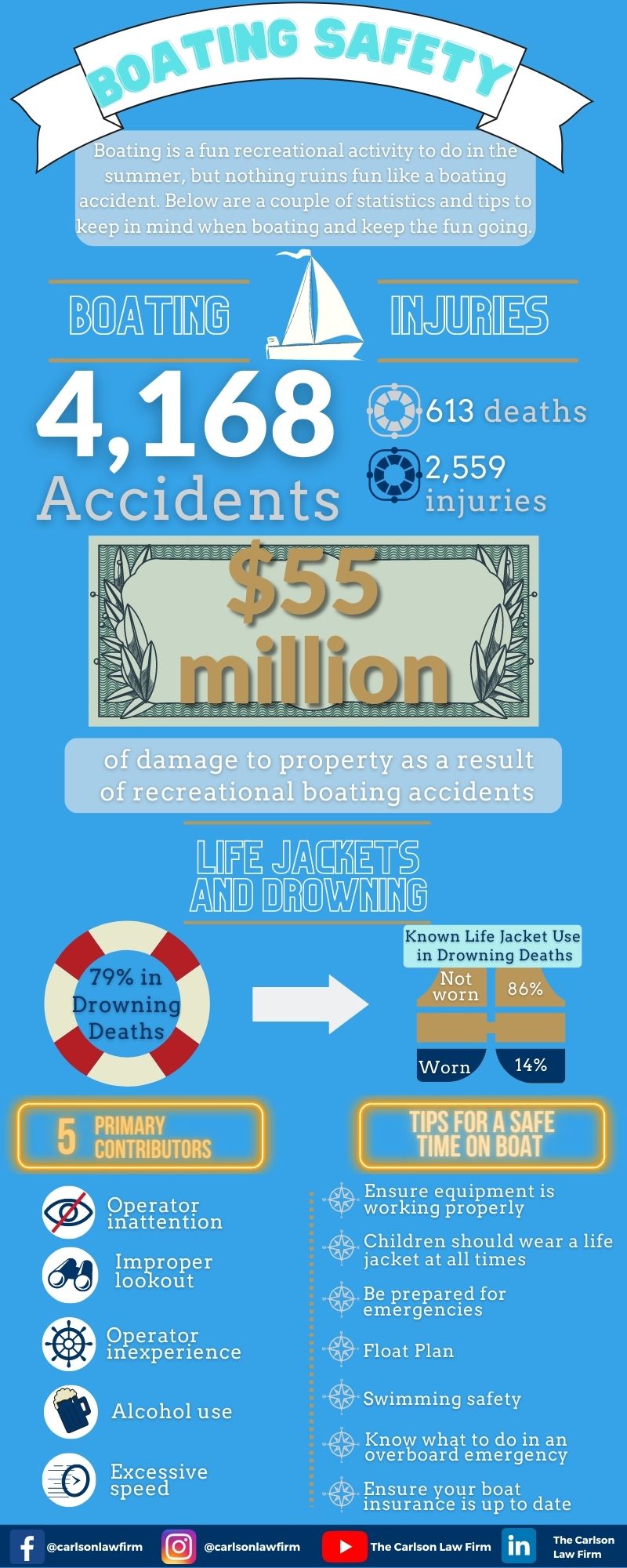
It’s a boat party! And unless you’ve hired someone to helm the boat the entire time, you will want to enjoy your party with your friends and family. It's a good idea to find a safe place like an anchorage or moor, as these are the best places for you to drop the anchor and enjoy your party. Many areas have places like “party coves” where several boats anchor. Look at your chart and guestimate where that area is. You don’t want to drop anchor in a highly traveled area.
Tips for a Safe Time on Boat
With your playlist set and guest list aboard, it’s time to consider these seven tips to ensure your holiday doesn’t end in tragedy.
1. Children should wear a life jacket at all times
If your boat party is kid-friendly, it's important to have proper life jackets for your littlest passengers. In fact, in some places, this is the law. Children often don’t like wearing the restricting life-saving devices—especially when they see older kids or adults not wearing them. While it may be tempting to forgo the life jacket to avoid hearing your child's complaints, it's best that you keep them strapped in. Accidents happen quickly—which doesn’t leave much or any time to put on a life jacket. Even if a parent insists their child doesn't need a life jacket because they've taken swimming lessons, underwater currents can pull children and even adults who are strong swimmers under. Further, statistics show that 80% of boating crash fatality victims were not wearing life jackets.
2. Ensure the required equipment is on board and properly working
Make sure your navigation equipment is in good working condition, especially if you plan to be out on the water after dark.
3. Be prepared for emergencies
In addition to lifejackets, it’s equally important to familiarize your friends and family with basic emergency situations. Show them how to use the marine radio or their cell phones to contact the governing authorities for the body of water you’ll be on. Never send false distress calls!
4. Float plan
A float plan is similar to a flight plan for a pilot. These plans list who is going, where you’re going, what your boat looks like and when you expect to be back. Leave this document with a trusted friend on land who can alert the proper authorities if you and your party fail to return.
5. Swimming safety
It can get hot spending time on the boat, and your guests may want to dive in to cool-off. However, there are some safety measures to consider when you're ready to jump in. For example, swimming near a boat with a running engine can expose swimmers to toxic fumes. Other safety measures you and your boat guests should consider include the following:
- Swimmers should use floatation devices to enter the water gradually
- Ensure there are plenty of floatation devices available if swimmers need help
- Do not swim in marked channels—even if there are no other boats around
- Make sure there is an easy way to get back on the boat
- Designate a person to keep a lookout for other boats in the area
- Don't swim around docked boats
6. Brush up on what to do in an overboard emergency
Overboard situations can occur for a number of reasons, including a slippery deck or horseplay that went too far. In a real-life overboard incident, there are steps you can take to save a friend or family member:
- Immediately stop engines
- Locate the position of the person in the water
- Release a lifebuoy and toss to pick up the person who has gone overboard
- Alert other vessels in the vicinity
- Broadcast distress signal if necessary
- Administer first aid once the person is recovered
Overboard situations call for fast and clear thinking. Lifejackets may be cumbersome and hot, however, they should always be worn by children or inexperienced swimmers.
7. Make sure your boat insurance is up to date
For some, this may go without saying, but boat insurance is essential. Boat policies cover you for liability if someone is injured while aboard your boat. In addition, it covers property damage done to another boat or dock.
We Care. We Can Help.
If you or a loved one need help ensuring the insurance company gives you what you are owed, contact The Carlson Law Firm today. Our boat accident attorneys are skilled in negotiations and maximizing compensation for our clients.
Contact The Carlson Law Firm to discuss your situation if you or a loved one suffered an injury on a water vessel.

